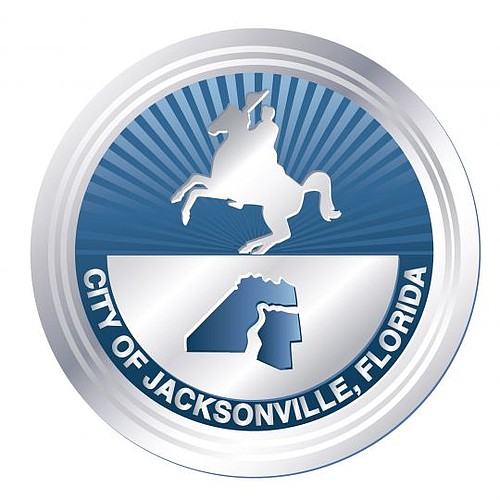
The city’s estimated 65,000 septic tanks can’t be replaced at once, but City Council took a step Tuesday to ensure there’s at least a concentrated start.
Council unanimously approved a transfer of more than $15 million from JEA to begin a septic tank phase-out program starting in three Northwest Jacksonville neighborhoods.
The overall phase-out program has a $15 million city match that will remove 1,150 septic tanks from the Biltmore, Beverly Hills and Christobel neighborhoods and replace them with sewer lines.
The project is expected to cost almost $36 million.
The neighborhoods and future projects were determined based on a matrix that evaluated environmental and need-based priorities for communities.
Higher priority was given to neighborhoods where remediation would benefit water quality of the city’s 25 tributaries or those areas deemed to have the greatest needed by the Duval County Health Department.
As part of the program, neighborhoods where 70 percent of residents provide access and a commitment to hook up to the city system are eligible.
If not, it’s on to the next area — and the needs are there.
Several areas in Jacksonville already have pipes laid, yet people have decided not to hook up. For them, a cost is coming.
The so-called “readiness to serve” fee will be issued to those holdouts starting after a one-year warning period. That fee averages just over $21 a month and has successfully been defended in courts across the state.
Those fees will go into a new water/wastewater system fund for future septic tank phase-out projects.
The average cost to hook up to the city system generally is $4,000-$11,000, John Pappas, city Public Works director, told council Tuesday evening. Homeowners can pay up front or have the tab incorporated into their monthly bill.
He had no estimate on what the readiness to serve fee would bring in because the city doesn’t know how many people will end up hooking up to the system.
Council member Bill Gulliford said the program would provide a benefit to neighborhoods in some of the city’s more depressed areas drastically impacted by plummeting home values.
A portion of the neighborhoods are in District 8, represented by council member Katrina Brown, who praised the program for helping residents who couldn’t necessarily afford the city hook-up. The program, she said, fell in line with keeping promises made as part of consolidation.
Council signs off on Hemming Park money
Friends of Hemming Park officially will make it at least to October.
After weeks of criticism and a bevy of meetings about the state and future of the Downtown park, council overwhelmingly decided to provide the nonprofit $58,000 strictly for operations to ensure the group survives in the short term.
Another $75,000 was tucked away to spend on a park project or repay Southwest Airlines for a grant the Friends ended up spending on operations instead of improvements. The money was required to be used on a park project.
Not every council member was on board, though, as the vote ended up 16-3 with council Vice President John Crescimbeni and members Al Ferraro and Matt Schellenberg against.
“I was told something was going to happen and it didn’t,” said Ferraro, who went to say he thought taxpayers were getting “ripped off.”
One member approving the bill, Aaron Bowman, said he could support the short-term plan but wouldn’t be in favor of Friends overseeing the park long-term.
Council has yet to finalize whether it will provide the Friends with the $250,000 Mayor Lenny Curry placed in his budget for the nonprofit to maintain operations for six months.
Bill Prescott, Friends interim CEO, after the vote said he was happy the short-term aspect is over and looked forward to showing naysayers why Friends is the right group moving forward. That includes making the park safer and cleaner, the former which already is happening with the hiring of private security and more vigilant presence by the Jacksonville Sheriff’s Office.
@writerchapman
(904) 356-2466